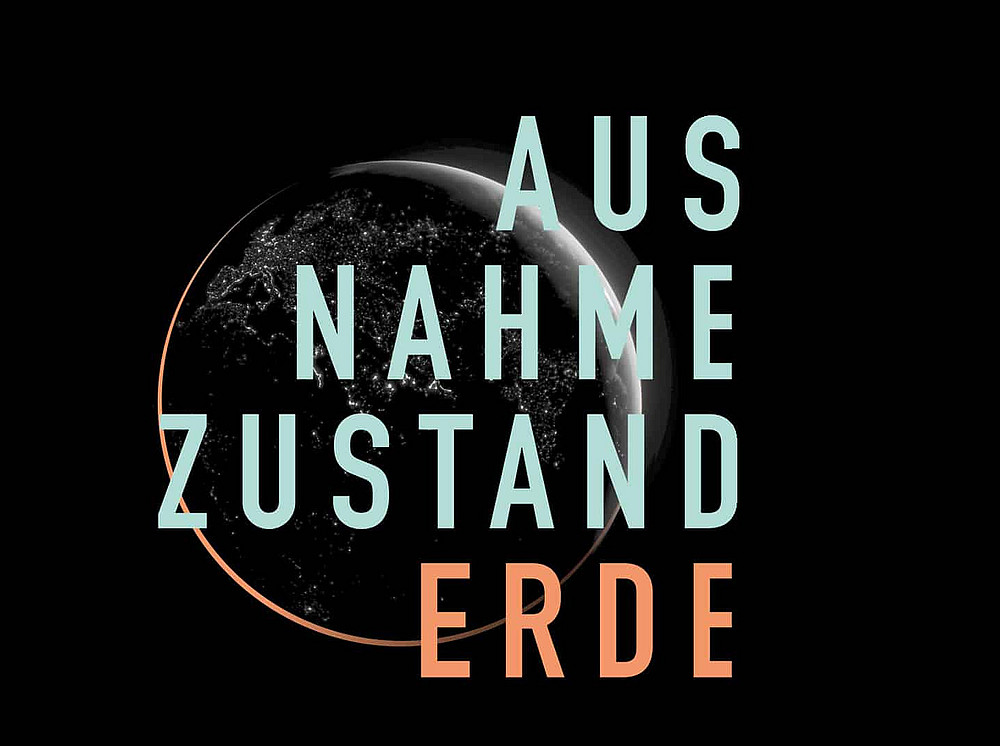State of Emergency Earth. Literature in the Anthropocene
Student symposium of the Franz Nabl Institute for Literary Research at the University of Graz
10-12.4.2024 at the Literaturhaus Graz
Conception and realization: Marietta Schmutz, David J. Wimmer
The heat is increasing, forests are burning, floods are becoming more frequent and every year more species are threatened by man-made climate change. At the same time, rock-like formations consisting of both minerals and plastic are forming off the coasts of the Pacific Ocean. Radioactive dust, which dates back to bomb tests in the 1940s, can be detected in the biosphere of the entire planet, while artificial intelligence and the increasing medialization of our living environment are fundamentally changing our understanding of reality. What sounds like scenarios from dystopian novels or science fiction can now be found in daily reporting as well as in the (natural) scientific examination of our immediate present. We are living in the middle of the Anthropocene.

No other term has shaped the scientific discourse of recent decades to such an extent. The idea of a new geological age, in which humanity has become a geophysiological force responsible for profound and long-term changes to our planet, is not only making waves in geology and climatology. The basic assumptions of the cultural sciences and humanities are also being challenged, and with them the boundaries between the disciplines. With the discovery of the 'agency' of the world (Latour), which has lost its (aesthetic) status as 'mute nature', a new way of thinking is also required: away from anthropocentric scales towards ways of thinking of the planetary and tentacular (Haraway) or towards the assumption of fundamentally interwoven matter (Barad, Bennett), be it human, animal, viral or technological.
If you look at the publishing programs of recent years, it becomes clear that the Anthropocene and climate change have long since arrived in literature. The evoked images, scenarios and themes dominate here. The question is whether there is something like a specific aesthetic of the Anthropocene beyond the content-related examination of individual aspects (climate change, nature writing, etc.). Are there ways of writing and reading in current (or currently newly read) texts that make the basic assumptions of the Anthropocene discourse productive within literature?
The conference, which is organized by students of German Studies in Graz, presents selected aesthetic positions of a literature in the Anthropocene and sets itself the task of critically analysing the extremely heterogeneous literary forms and narrative strategies that can be observed here.
The symposium is based on a literary studies seminar led by Klaus Kastberger, which was held at the Karl-Franzens-Universität Graz in the winter semester 2023/24 under the title "Literature in the Anthropocene".